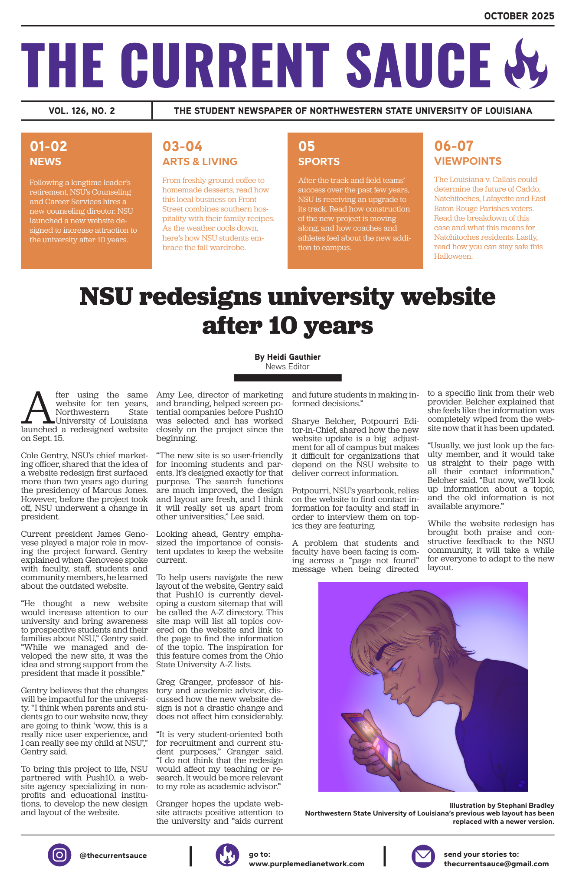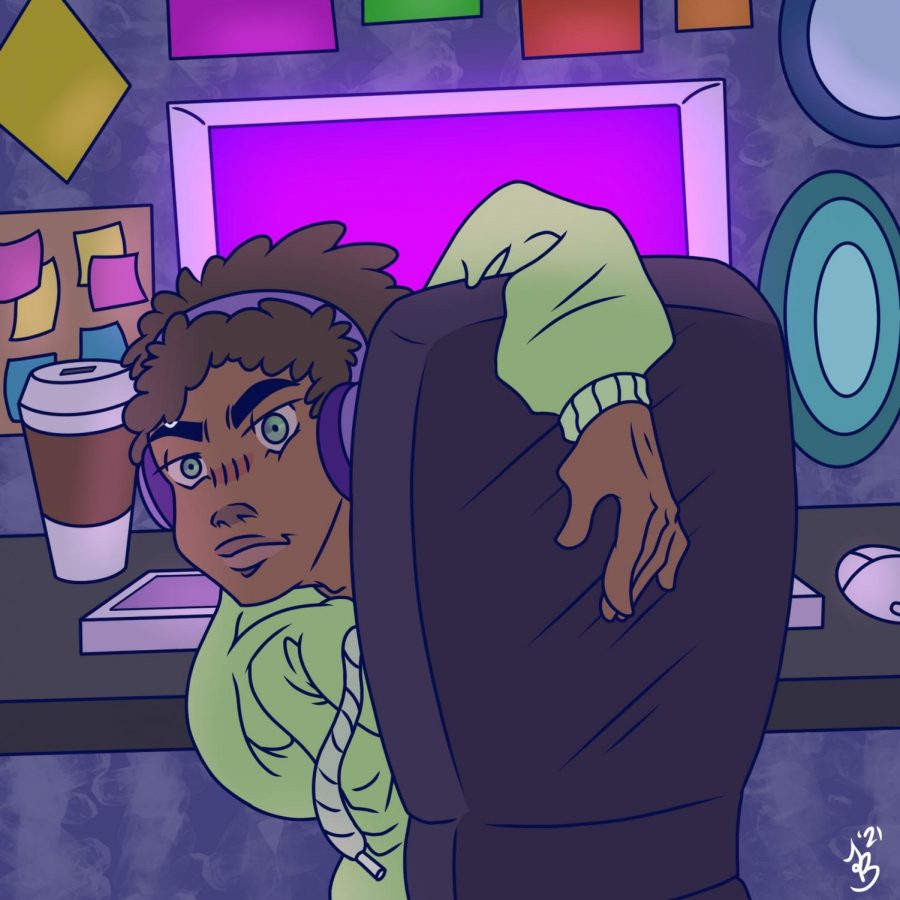How to define a music taste for those who like everything
Whatever your music taste is, share that with the world or find yours one to share if you don’t have one.
The day had just started, the smell of coffee wafts fresh through the air. The sun is clear and you are focused. You open your laptop and grab your earphones, placing them in your ear. A quick swipe onto your music app of choice leads you to a dilemma.
What music do you choose?
This is an important decision. What helps you focus best? The YouTube Lofi mixes? If that, then there are arrangements of many types of Lo-fi mixes to choose from; hip hop, instrumentals, cityscape, nature. Which one will not distract you but also block out the rest of the world perfectly?
What about the other times you listen to music: When you are walking across campus, laying in your room, talking with friends, DJing in the car. There are many different types of music a person will cycle through depending on their environment and purpose, as well as mood.
Music is often categorized into genres, and certain genres generally encompass an aesthetic, theme, mood and match with certain stylistic qualities. Instrumental music usually has no vocals, with a lot of use of traditional music instruments, while pop music focuses heavily on vocals and digital trackpads as instruments.
These two ideas are fundamentally different, yet most people enjoy both.
It’s not uncommon today for many people to like a unique type of music. When asking many people, you’ll often hear the phrase, “I don’t have a genre.”
But there’s always a genre someone hasn’t listened to. There are so many different things out there that it’s hard to have explored everything. Even then, most people do have a wide range of tastes.
This led me to explore an idea.
What if music needs to be categorized differently for people to be able to identify their style? We can’t assume just because they don’t have a specific taste in music that they will enjoy every piece of music you play. What makes a person like and dislike a song, in its basic sense?
After some thought, and personal experimentation, I have found two basic modes of music for which people either have to say a yes or no. These are obviously not decisions for all times, as said before, music taste depends on mood, environment and exposure.
Some people simply haven’t branched out enough to find a genre or style of music they like more than others, and all they may know is mainstream music.
Of the many types of music out there, the first thought to come to mind about the sound of music is the lyrics versus the beats. Some people listen to music for the composing of the sound and designs, and some people enjoy the lyrics.
This obviously changes a bit with the language the song is in. I have personally listened to music in many different languages, some examples being Russian, French, Korean, Japanese and Chinese. I will sometimes look up lyrics to those songs and find a new meaning in the song that I didn’t know before that changed the song for me in many ways.
As for people who enjoy the composition of the songs more, they are often more likely to branch into different genres of music and different languages because they don’t feel the need to understand what is being spoken to feel the songs’ message.
I personally prefer the composition of the song to the lyrics, because I don’t find myself focusing on the lyrics. I will also study music with and without vocals, but I cannot listen to music in English when I am studying because the words will distract me.
The next category is loud versus quiet music. The definitions for loud and quiet are not in reference to volume but to the number of things going on within the song itself, such as how many different instruments are playing at a time.
An example of a quiet song would be a simple piano ballad, versus a techno dubstep type of song for the loud example. There can be a very clear distinction between people who enjoy simpler songs, as those people often enjoy indie, instrumental and rhythm and blues music more than they would pop, dubstep or house music.
These two categories can get mixed up with the tempo of a song. Seeing as slower songs appeal to me more, I thought that meant I liked quiet songs, but those two are not connected. Another mix-up I had in formulating these categories was the pitch of the vocals.
I know for a fact I enjoy deeper voices, and cannot listen to artists such as Ariana Grande often, but I have often listened to Frank Ocean’s entire albums over and over again. That does not mean I don’t enjoy higher voices, nor female vocals, so I had to eliminate that category.
Overall, these two categories are still incredibly vague, but a good start to ask a friend who has just told you they like anything, but you don’t trust them enough to blast My Chemical Romance in the car with them. Next time you decide to settle down for a long study session, and you’re wondering what to play, think about what makes your brain happiest.

Stephani Bradley is a senior fine and graphic arts major with minors in film, creative writing and English. This will be her final semester working for...



























